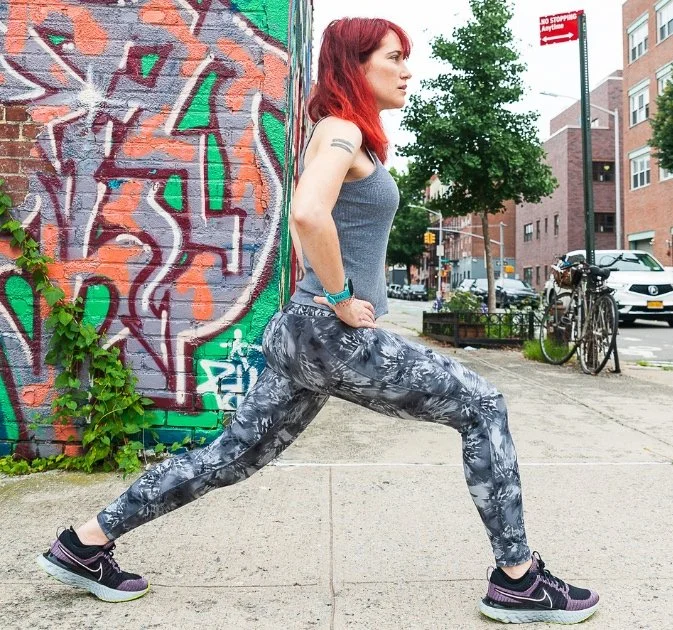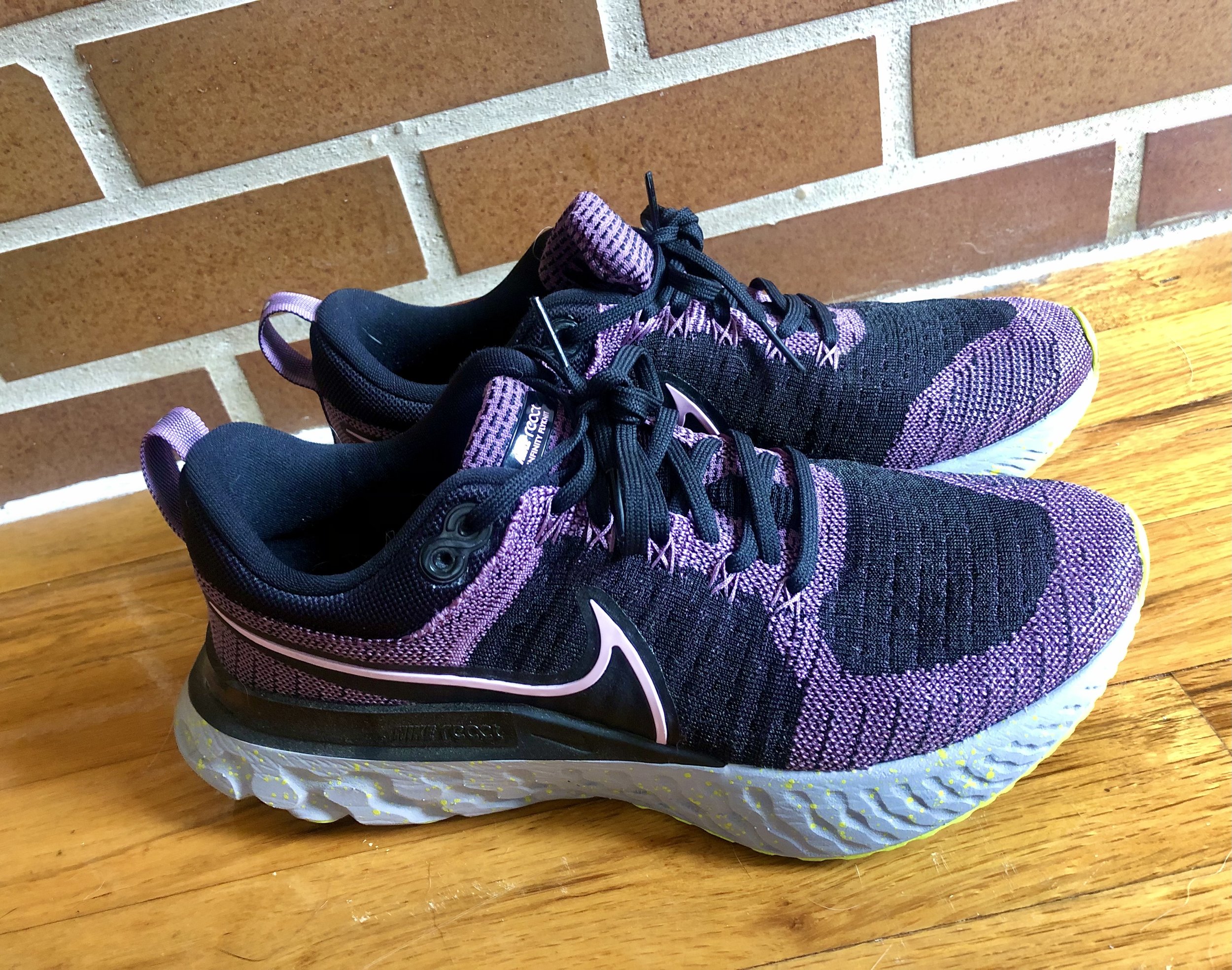How to Find the Best Running Shoes
Photo by Marques Jackson Photography.
By Marnie Kunz, USATF- and RRCA-certified running coach
Whether you’re a new runner or have been running for years, knowing how to find the best running shoes for you is the most important element of having the right running gear. Running shoes are the single most important piece of equipment we runners need. The right kicks will keep you running strong and injury-free, whereas if you get poorly fitted running shoes or if you run in shoes that are too worn, this can quickly lead to injury. In fact, running in bad shoes is one of the most common causes of running injuries.
What’s In a Shoe? The Importance of Good Running Shoes
So many runners I coach are running in old, worn out, or poorly fitting shoes when I first meet with them. I always tell them the most important thing when starting a training program is to get the right running shoes. Without good running shoes, you incur the risk of getting injured before you can even get far into your training.
Changing Your Running Shoes
It’s important to know when to change your running shoes so that you’re not one of the crowd running in worn-out old kicks.
Running shoe life varies, depending on the brand and shoe, and depending on how you wear them. But generally, running shoes should be changed every 300 to 400 miles.
Keep in mind this means walking miles too, so if you walk your dog in your shoes, go to the gym, etc, then these miles still count toward your shoe’s total miles.
If you use a running tracking app or running watch, you can enter your shoes on your profile in running apps like Strava or Garmin to automatically track your miles when you run so you can see when the mileage is getting too high and you need to buy new running shoes. Some apps and watches will even give you alerts so you don’t have to look at the miles to see when to change your shoes.
Check out my tips on when to change your running shoes for more details on this.
What’s in a Brand? Options of Running Shoes
People often ask me what brand running shoes is the best. The answer is it depends. There is no shoe that works perfect for everyone. If you have shoes you’ve worn in the past that worked well and you didn’t get injured running in them, usually it’s a good bet to stick with that shoe model. Running shoe companies update their shoe options often but usually new models of the same shoes are very similar to the ones in the past (sometimes they only change the colors, which, of course, doesn’t affect your running!).
Also, most major shoe brands have running shoes to suit different needs - incuding trail running, lightweight track racing shoes, neutral street running, and more. Often times the specific model and function of the shoe matters more than the brand.
Ask the Expert: Brooklyn Running Company
For some expert tips, I went to Steve Crnic, the general manager at the Brooklyn Running Company, the experts in all things running gear. Here are Steve’s tips and insights on how to find the best running shoes:
What tips do you have for finding the best running shoes?
My number one tip is definitely to get fitted for a running shoe and have someone look at your gait so that you know what type of shoe(s) to go for. It's a super simple part of the process, but it can make all the difference in getting your running journey off to a good start. So many small injuries and aches and pains can be avoided by starting out with a good pair of running shoes.
Aside from that, be open to getting a slightly bigger size in your running shoe than you might be used to. You want a little extra room in the forefoot of your running shoes so that your toes can splay out naturally (to help you better disperse the pressure of your foot and body weight hitting the ground) and your feet will naturally swell as you do long runs and/or run in the heat. It will also save your precious nails from getting bruised, or worse, falling off!
Lastly, be open to trying different brands' shoes out, and don't necessarily take a friend's advice on shoes. Everyone's feet are different! So you'll want to try on a few and see what works best for you.
How do you know if your current running shoes are good?
If you're running without aches or pains, and if you feel like you're able to run comfortably at different paces and durations without issue, you're probably on the right track.
What are some signs it's time to change your running shoes?
Check out the bottom of your shoes from time to time and see how much the rubber is starting to wear. If you see the foam start to peak through or the rubber gets unevenly worn in one part of the foot, it's likely that the shoe is on its last legs. Rubber is typically the most durable part of the shoe (as compared to the foam used for the cushioning, anyway) so when you start to see a lot of wear and tear there, the foam is probably already compressed more than you might want it to be (limiting its impact absorption in the sneaker).
Thanks to Steve for his expert tips on how to find the best running shoes. If you need a running shoe fitting, I highly recommend heading over to the Brooklyn Running Company or your local running store to get a gait analysis and shoe fitting.
How do you find your running shoes? Tag @Runstreet on Instagram to share your training and get cheered on. Happy running to you!😊
Related Posts: How to Find the Best Running Shoes Online, When to Change Your Running Shoes, How to Find the Best Running Watch
Marnie Kunz is a NASM-certified personal trainer, USATF and RRCA-certified running coach, and the creator of Runstreet Art Runs, which bring together communities through running and street art. She is a Brooklyn resident, trainer, Akita mom, and writer.



